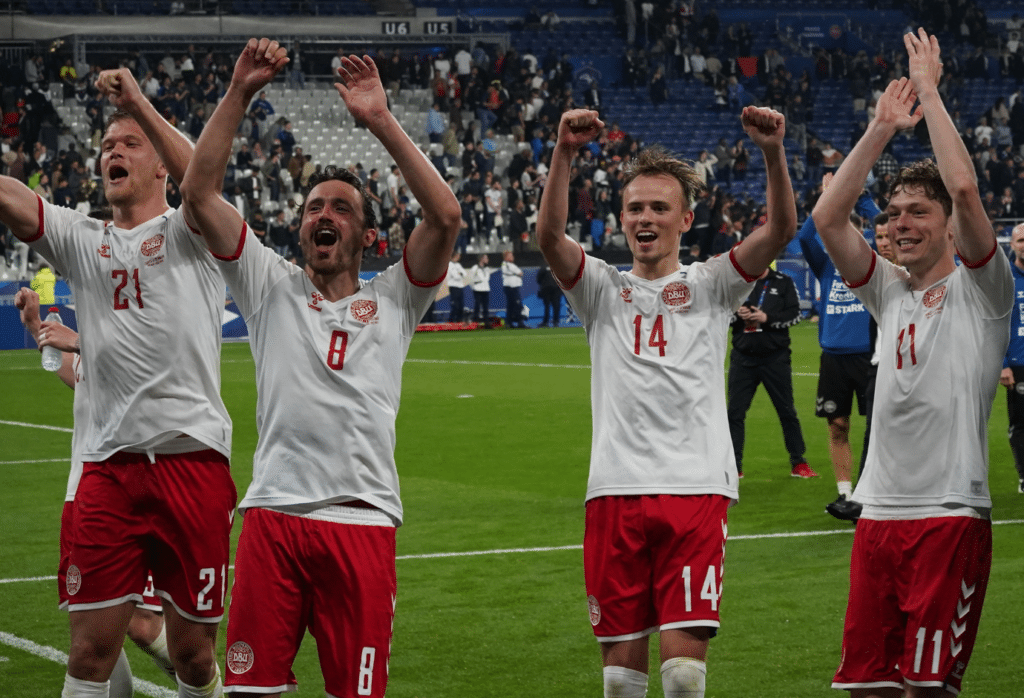Players from Denmark’s men’s national soccer team have refused a pay raise and accepted a 15 per cent pay cut in their insurance coverage to allow their female counterparts in the women’s national team to receive equal pay and a 50 per cent raise in their insurance coverage.
In what has been described as an “extraordinary step” for gender equality in the sport, the new deal with the Danish Football Association will come into play once the European Championship in Germany concludes in July. The four-year agreement also includes a proposal to create a new “clubhouse” for all national teams, including men, women and youth teams.
Michael Sahl Hansen, director of Denmark’s players’ union, Spillerforeningen, described the new deal as “an extraordinary step to help improve the conditions of the women’s national teams.”
“The men’s team chose not to demand any changes in the conditions in their new agreement,” Hansen said in a statement released by world players’ union FIFPRO last week. “So, instead of looking for better conditions for themselves, the players thought about supporting the women’s team.”
Hansen said the male players who contributed to the negotiations were “very happy” with the deal.
“This was what they wanted,” he said. “It showed that they are taking the responsibility. They liked the idea of providing other national teams with better opportunities and conditions.”
Before negotiations began, Danish Football Association had announced plans to arrange “equal pay” for the men’s and women’s national teams.
Hansen said that the association insisted the money that was needed to execute the plan had to come from the men’s team — a strategy which he says he could not accept.
“The men’s team was upset, and so was the women’s team, as they felt uncomfortable that the money had to be taken from the men’s team,” he said.
“We didn’t want to talk with the [Danish Football Association] if the only way to give the women more money, would be by deducting it from the men’s team. That’s not how you create equality.”
The Danish player union, Spillerforeningen and the men’s team decided to raise the conditions and pay of the women to the level of the men’s team.
According to Hansen, the female players of the women’s team are “happy that the male players are helping them.”
“However they agree that the money should not come from the men’s team, but from the [Association]. They are looking forward to the negotiations with the football association, which are due to start after this year’s summer.”
Historically, Denmark has consistently performed well on international gender equality scores. In 2023, it ranked third in the EU on the Gender Equality Index. Its prime minister, Mette Frederiksen, was elected to office in 2019, and remains one of the few female global leaders today.
Over the past few years, women’s national soccer teams across the world have been actively working to reduce pay disparities. In 2022, the US Soccer Federation reached landmark agreements to deliver equal pay for the players of the men’s and women’s national teams.
In Australia, collective bargaining has allowed the Matildas to ensure they get the same conditions as the Socceroos, with one exception – FIFA prize money, which still only offers female players “one quarter as much prize-money as men for the same achievement,” as Matilda players said in a collective video statement on the eve of their home tournament last year.


